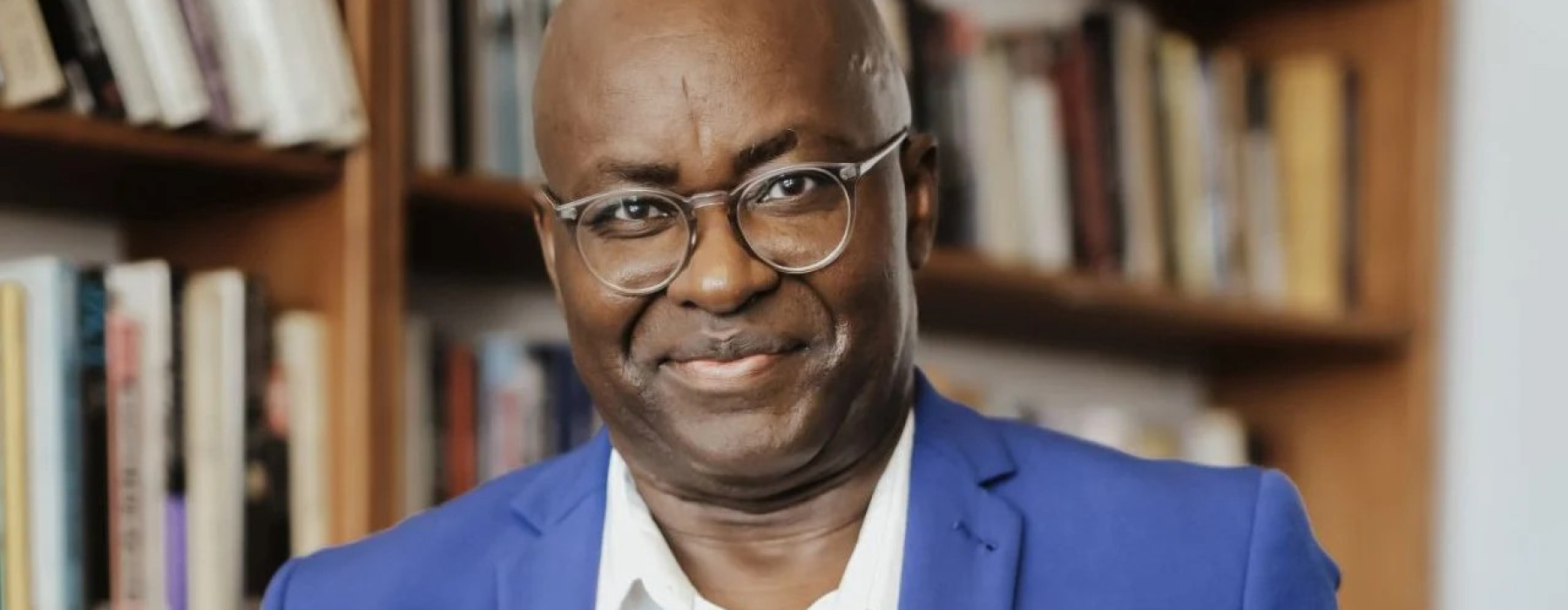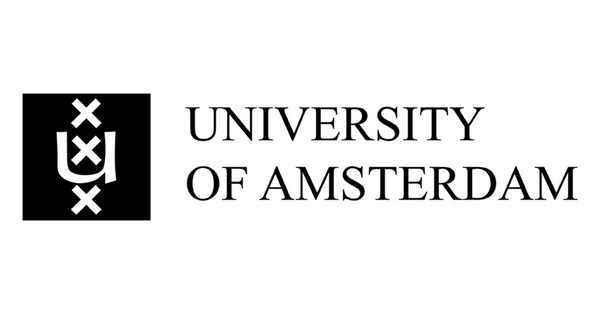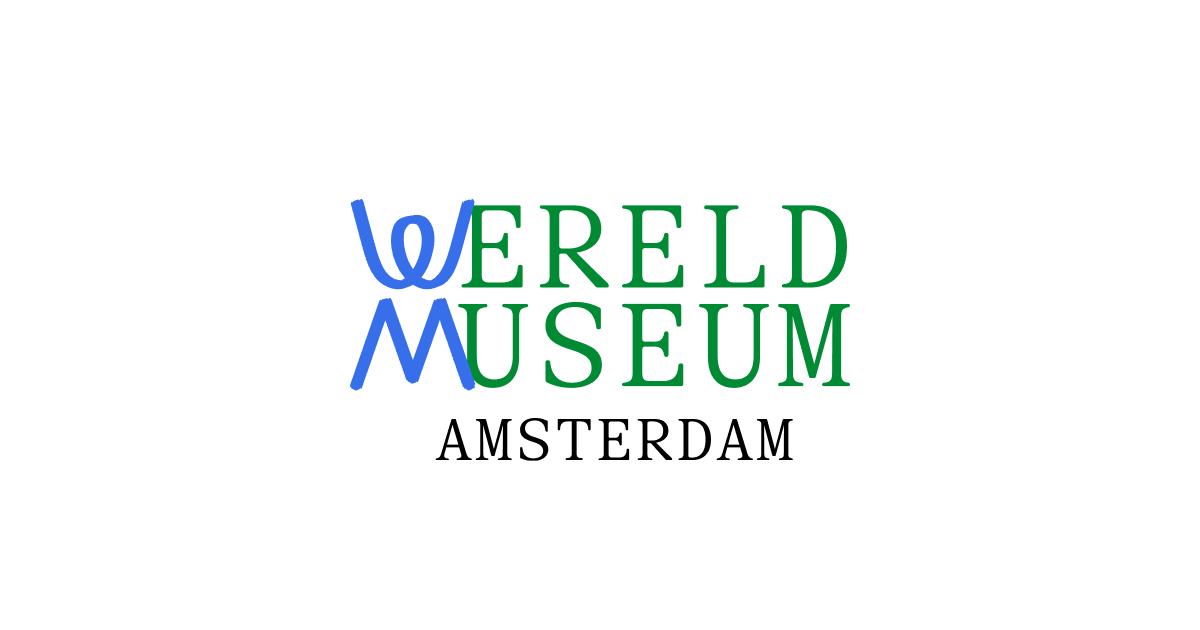
In the conversation, we will seek to engage with the central lines of thought Professor Mbembe has followed over his prolific career. Describing the key purpose of his work, Mbembe asks: “What are the conditions for rethinking the world in a way that opens up alternative ways of inhabiting it, of being-in-common and of nurturing a planetary consciousness?” He continues by asking, “How to think an open future that moves beyond the history of race, colonialism and segregation with which the present is so deeply entangled?” Mbembe indicates that these questions have been at the heart of his research, and that “behind them lurks an even bigger issue, that of life futures—how can life be repaired, reproduced, sustained and cared for, made durable and universally shared?”* We understand these ideas to be profoundly shaped by histories and futures of digitization, extractivism and brutalism. Furthermore, we draw on the insights surfaced in the two major volumes that Mbembe authored together with Felwine Sarr, To Write the Africa World, and The Politics of Time (both 2023), in which the authors explore Africa and the future and Africa as the future.
Founded in these issues, our conversation seeks to find ways in which we might draw on Professor Mbembe’s writing in the face of the numerous crises that face us in the present, including the following questions:
- As concerns questions of capitalism and how it has shaped notions of the human and planetary entanglement, what does it mean to understand capitalism as fundamentally anti-human or anthropophobic, while also powering an ecological collapse? How is Blackness positioned in relation to the emergence of modern capitalism and the violence and death it has and continues to engender?
- With reference to the notion of Necropolitics, as articulated by Mbembe, are the histories of the violence, founded in biopolitcs, coming to fruition in the rise of racist, fascist and nationalistic forces across the globe? How do we understand the increasing dominance of technologies of control and coercion, including the newer, so-called generative platforms?
Thinking about both the past and the future of the world, can we anticipate the decentring of the Euro-American world, dismantle the violence of borders and advance the possibility of borderlessness? Can we upend the inadequacies of how African histories, people and cosmovisions have been misrepresented in scholarly and public discourses?

